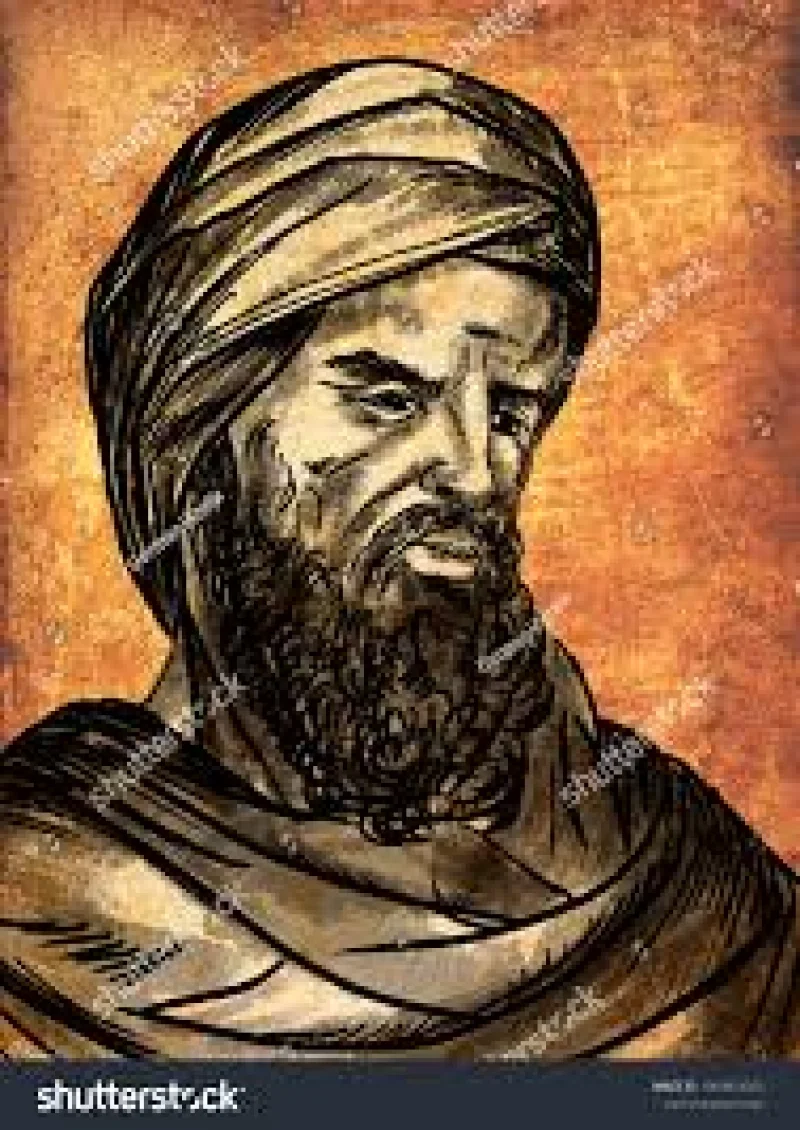Short Summary
Arthur Compton was an eminent American physicist renowned for his groundbreaking work in the field of quantum mechanics and his discovery of the Compton effect. He made significant contributions to the understanding of X-ray scattering, which earned him the Nobel Prize in Physics in 1927. His work during World War II played a crucial role in the development of the atomic bomb, making him a key figure in the Manhattan Project. Compton's contributions to science and his leadership in both academic and governmental roles have left a lasting impact on the field of physics.
Early Life & Education
Born on September 10, 1892, in Wooster, Ohio, Arthur Compton was the youngest of three sons in an academically inclined family. His father, Elias Compton, was a professor and later the dean at the College of Wooster, which instilled a deep appreciation for education in Arthur. He attended Wooster College, obtaining his Bachelor of Science degree in 1913. Compton further pursued his graduate studies at Princeton University, where he earned his Ph.D. in physics in 1916. His early exposure to science and academia laid the foundation for his illustrious career in physics.
Career Highlights
Arthur Compton began his professional career as a physics instructor at the University of Minnesota. He later worked at the Westinghouse Lamp Company and joined the faculty at Washington University in St. Louis. His most significant career milestone occurred during his tenure at the University of Chicago, where he discovered the Compton effect in 1922, demonstrating the particle nature of electromagnetic radiation. During World War II, Compton played a pivotal role in the Manhattan Project, overseeing the development of the first nuclear reactors. Post-war, he served as Chancellor of Washington University, contributing to the growth of scientific research and education.
Major Achievements
- Discovery of the Compton Effect: Demonstrated the particle-like behavior of photons, for which he won the Nobel Prize in Physics in 1927.
- Leadership in the Manhattan Project: Key figure in the development of nuclear reactors, contributing to the creation of the atomic bomb.
- Chancellor of Washington University: Enhanced the university's reputation as a leading research institution.
Famous Quotes
- "No one has a monopoly on truth, and science is a way of discovering truth."
- "What is the best way to encourage good behavior? Make it clear that you are expecting it."
Interesting Facts
- Compton's brother, Karl Taylor Compton, was also a distinguished physicist and president of MIT.
- He was an avid photographer and even wrote articles on the subject.
- Compton's ability to communicate complex scientific concepts to the public was widely admired.
Legacy / Influence
Arthur Compton's discovery of the Compton effect was pivotal in advancing the field of quantum mechanics, confirming the dual nature of light. His leadership during the Manhattan Project had far-reaching implications for both science and global politics, shaping the course of the 20th century. As an academic leader, he promoted the growth of scientific research and education, influencing countless physicists and researchers who followed in his footsteps.
FAQ
Q: Why is Arthur Compton famous?
A: He is famous for discovering the Compton effect and his role in the Manhattan Project.
Q: What did Arthur Compton win the Nobel Prize for?
A: He won it for his discovery of the Compton effect in 1927.
Q: Did Arthur Compton have any siblings in the field of science?
A: Yes, his brother Karl Taylor Compton was also a renowned physicist.











